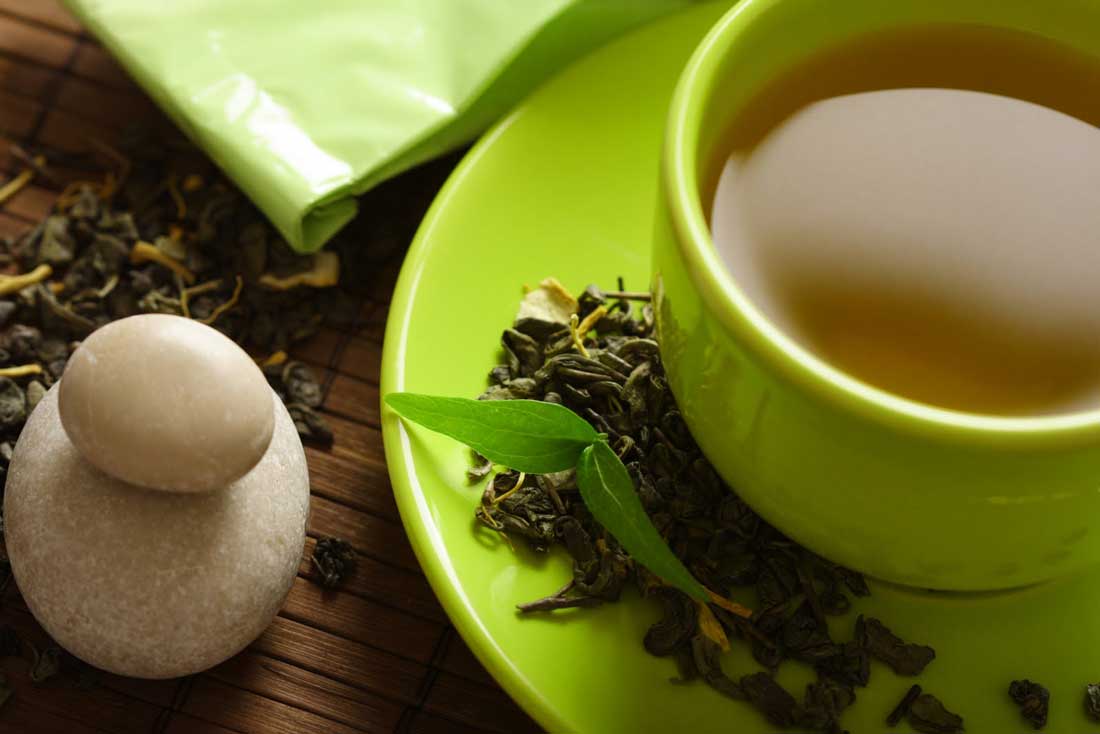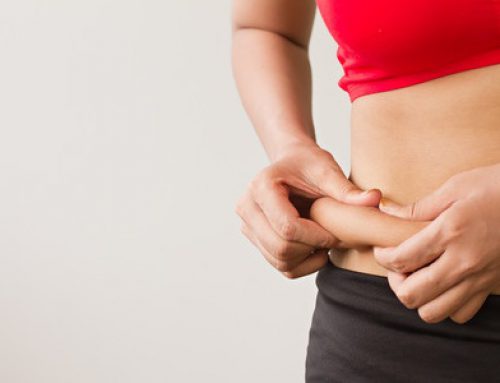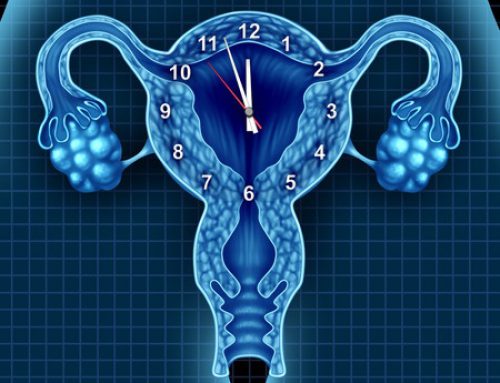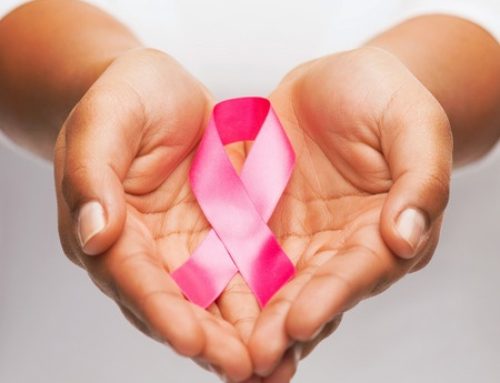Bisphenol A (BPA) has been a hot topic in wellness conversations over the past few years because it poses a large problem to our health – and it seems to be everywhere in our environment. In this blog post, we’ll talk about what BPA is, why it is so harmful and how you can avoid it. This blog post draws heavily from Dr. Alicia Bigelow’s article, “Getting the Bis out of the Vis”, published in the Naturopathic Doctor News and Review (NDNR).
Why BPA is Harmful
Bisphenol A (BPA) is a chemical that is found in polycarbonate plastics. Chemicals that interfere with the hormonal system are known as endocrine disruptors. BPA is an endocrine disruptor that specifically causes estrogen activity in the body. BPA is harmful because it binds to estrogen receptors in mammals and causes a change on the cellular level. The harmful effects of BPA include:
#1: Insulin resistance: In a pre-diabetes state, people become insulin resistant, which means their insulin doesn’t work that well. The body compensates by creating more insulin and more insulin receptors, but these extra ones are inefficient. In turn, pre-diabetic people tend to crave carbs, feel tired and gain weight around the middle. BPA induces insulin resistance. This is another example of why weight loss can’t be boiled down to “calories in, calories out.” BPA decreases insulin sensitivity and makes it very difficult to lose weight. Pancreatic islet cells are the cells in the pancreas that secrete insulin. BPA causes damage to the DNA of the pancreatic islet cells via increased reactive oxygen species (ROS) and decreased glutathione which further exacerbates BPA’s negative effective on glucose metabolism .
#2: Miscarriage or birth defects: We now know that BPA is associated with recurrent miscarriage. Aneuploidy, which is a chromosomal abnormality in an embryo, has been found to be caused by BPA in female mice as well.
#3 Behavioral problems in kids: BPA stimulates behavioral changes associated with Attention Deficit Hyperactivity Disorder (ADHD). BPA is also associated with early puberty because it causes estrogen activity (EA).
#4: Breast and other cancers: In a recent study, BPA was found to increase breast cancer risk by acting as agonists to estrogen receptors in breast cancer cells.
The Myth of the BPA-Free Product
Now that you are familiar with the harmful consequences of BPA, you might want to run to the store to stock up on “BPA-Free” products. However, using BPA-free products is not necessarily the solution. BPA-free items often contain Bisphenol S (BPS), an equally problematic chemical.
BPS can cause disruption of prolactin release from pituitary cells in rats, interference of estrogen signalling, and altered cell proliferation, which can lead to cell death. BPS is therefore an endocrine disruptor similar to BPA. BPA contributes to obesity and hepatic steatosis because it has been found to modulate genes in mice in vitro.
The bottom line is that you can’t avoid these harmful chemicals by just going BPA-free. You really have to avoid all plastics, especially those marked with a number 7 on the bottom. Even the products that are labeled BPA-free can be dangerous because they’re probably made from BPS or another type of plastic that also causes estrogen activity.
Avoid the Following to Minimize BPA Exposure
The following are common sources of BPA in our environment:
- Canned goods (BPA is in the plastic lining)
- Plastic bottles and bottled drinks (plastic-lined glass bottles)
- Dental sealants
- Tea packed in BPA-lined bottles
- Receipts
- Air (Many American companies emit BPA through the manufacturing processes)
- Plastic food storage containers, dishes and sippy cups.
An effective way to avoid BPA is to only eat organic foods. Because cruciferous vegetables modulate estrogen activity, eat them copiously! Always avoid packaged foods, use glass and stainless steel for cooking/storing food and never use plastic. Avoid touching receipts at grocery stores or at least minimize touching and handling receipts. And especially don’t use hand sanitizer and then handle receipts because doing so can increase the absorption of BPA.
Good news! There are certain probiotics that have been shown to lessen the adverse effects of BPA. Bifidobacterium breve and Lactobacillus casei have been found to reduce intestinal absorption by facilitating excretion of BPA. A traditionally fermented food called kimchi contains Bacillus pumilis, a bacteria that has been found to efficiently remove BPA from the body. That’s yet another reason to take probiotics.
Also green tea has been known to reduce oxidative stress that is caused by BPA. A recent study concluded that green tea potentially ameliorates the damaging effects of BPA. Because BPA is metabolized by the liver and excreted through the kidneys it’s always important to support the liver and kidneys. There are too many nutrients, homeopathics and herbal formulas to name that support the liver and kidneys, but one of my favorites is Rosmarinus officinalis. One more way is dry skin brushing, which is a form of hydrotherapy. It only takes a naked body and a sea sponge, and it’s free! Learn more about these in future blog posts.
How do you avoid harmful BPA and BPS in your daily routine? Share your tips in the comments section below.







